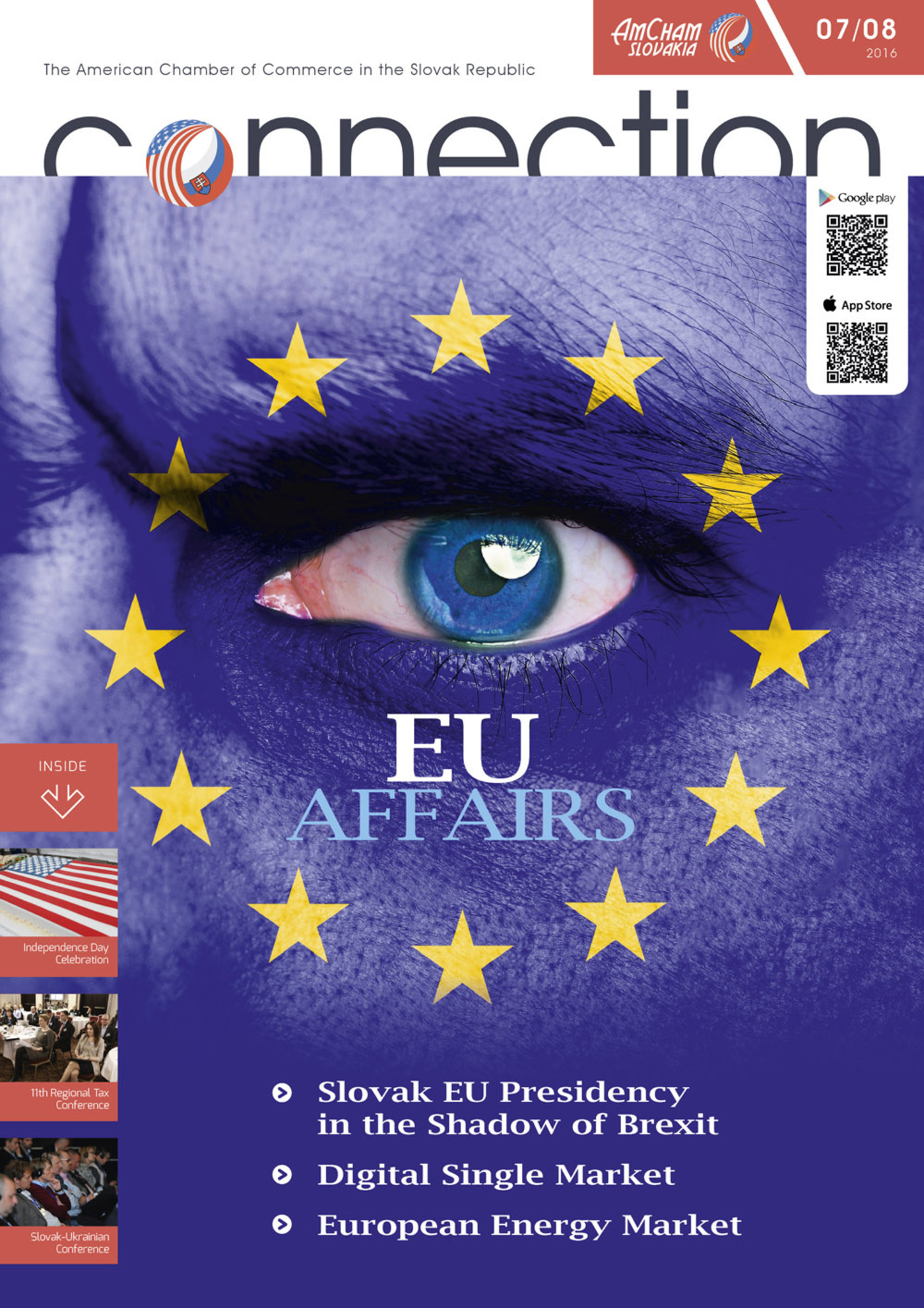State of Play and Recent Developments
Multiple legal regulations have been adopted over the last years as regards the digital economy, such as directives dealing with e-money, data protection and distance selling, to name a few. A common goal of these instruments is to harmonize the legal regulation of the EU digital economy. But this is still not enough. In May, the European Commission (the “Commission”) adopted the Digital Single Market Strategy (DSMS). DSMS is built on three pillars involving 16 actions of a legislative and non-legislative nature. These are:
- Better access for consumers and businesses to digital goods and services across the EU;
- Creating suitable conditions and a level playing field, and an environment in which digital networks and content services can flourish; and
- Maximizing the growth potential of the digital economy.
To achieve the goals set out in the DSMS, on May 25 the Commission introduced several initiatives. These include a proposed regulation aimed at reducing the cost of cross-border parcel delivery services. This proposal addresses price transparency and affordability obligations as regards parcel delivery service providers and introduces new information-sharing practices among national regulators. Once this regulation is adopted, it will be directly applicable.
Another significant step is a proposal for a directive revising the directive concerning the provision of audiovisual media services. According to this proposal, the scope of the audiovisual media services directive would be extended to include video-sharing platform services. New requirements for the protection of minors and hate speech are also included in the proposal.
In addition to the above, a proposal banning geo-blocking was also introduced. This regulation aims to prohibit business-to-customer (B2C) discrimination with respect to accessing websites and access to goods and services based on nationality, residence or the place of establishment. The proposed changes are required as a result of market and technological development in recent years.
Other big changes, such as the abolition of all roaming charges from June 2017 in the EU and the adoption of the General Data Protection Regulation are also underway. All these changes will have a significant impact on the market and will impose new obligations on companies and individuals in the EU.
The Challenges of the Slovak Presidency
The Slovak Republic takes over the Presidency of the Council of the European Union on 1 July 2016. The Slovak Presidency will have to deal with major DSM initiatives such as the reform of EU telecom rules, spectrum reform, and e-government measures. As a priority, Slovakia will seek to eliminate barriers to the digital economy, facilitate the use of e-services and access to the market via e-services, promote the availability of e-content and guarantee a high level of consumer protection. The Slovak Republic has announced that intensive work on the implementation of the DSMS will be a high priority during its Presidency.
Be Careful and Up-to-Date
If everything goes as planned, we can expect significant developments as regards the Digital Single Market in the coming months. These measures will have a significant impact on companies and individuals within and outside the EU. Therefore, it is important to stay up-to-date and be actively involved in the process. The Slovak presidency will involve meetings with companies and substantial numbers of new staff have been hired. Don’t let this chance pass by and make sure your voice is heard during the public debate.
Wolfgang A. Maschek, Partner, Squire Patton Boggs, Brussels
Jakub Kamenický, Registered Legal Trainee, Squire Patton Boggs



Follow us